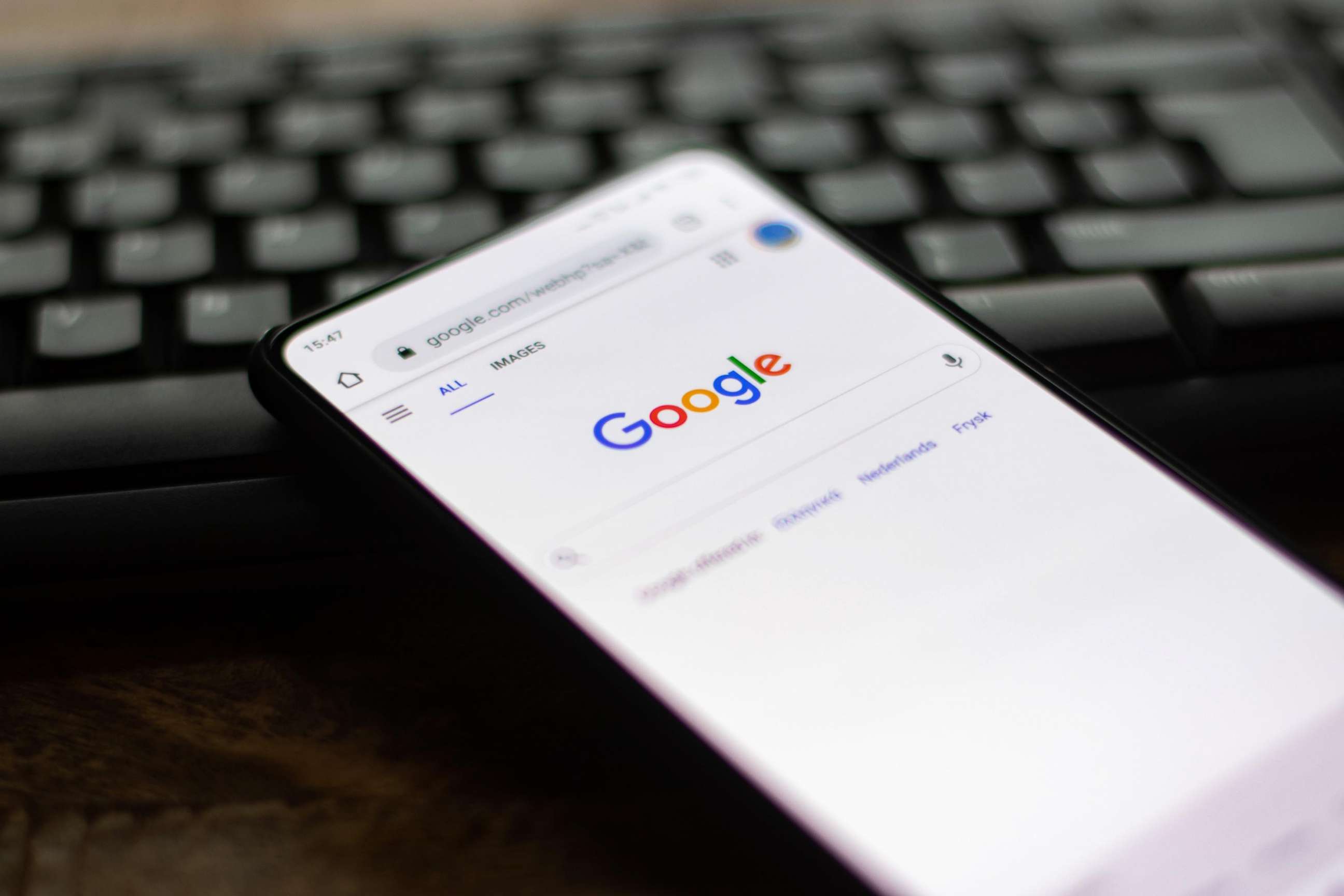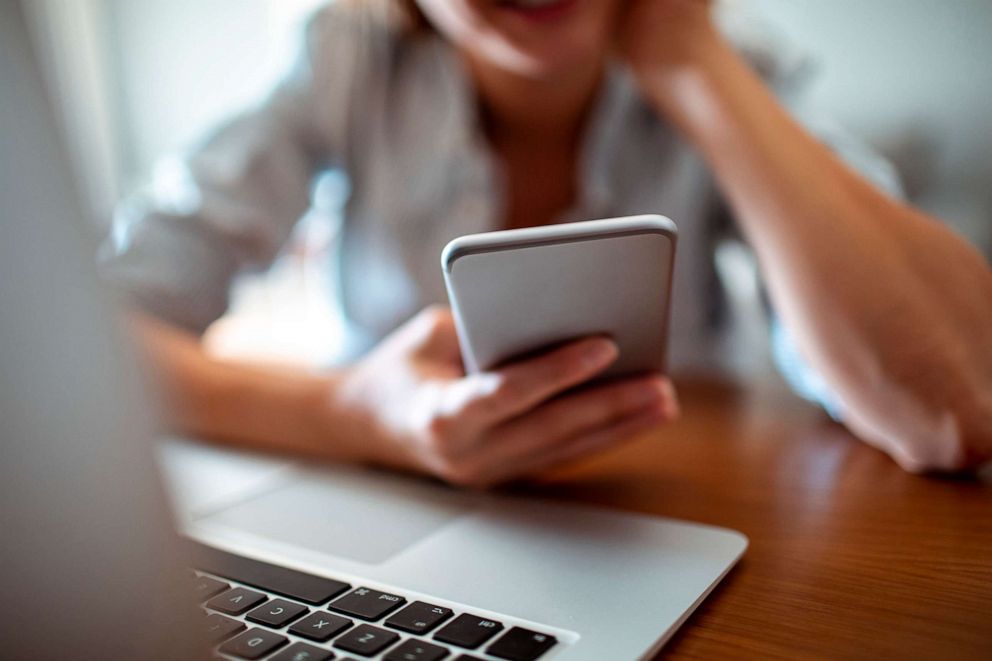Google launches Android app to collect data for health research
The app was unveiled with a respiratory health study to help battle COVID-19.
Google has launched a new app that lets people participate in medical research using only their smartphones.
The goal is to make it easier for the general public to participate in science. By collecting basic information from thousands of everyday people, doctors and researchers can glean important information about their health and spot any worrying trends.
Researchers often have struggled to attract volunteers for large studies, and Google hopes to streamline the recruitment process by connecting research institutions directly with potential volunteers. Google also aims to contribute to studies that could help with COVID-19.
Google Health Studies, available for free on Android phones, shows a list of available studies and the criteria to participate. To enroll in a study, participants can go through a secure e-consent process, provide basic demographic information and answer survey questions to start contributing data. The platform enables researchers to access data from a large, diverse population in real-time, building a more representative picture of the current health landscape.

Because the app deals with sensitive data, Google said it's going above and beyond to ensure the data is secure. All participant data is encrypted, and, in certain circumstances, participant data can be transmitted to researchers as an aggregate to further protect participants' privacy.
Amid the pandemic, the app is launching with a respiratory health study in collaboration with Boston Children's Hospital and Harvard Medical School. The study aims to help scientists, doctors, public health experts and the general population better understand the dynamics of how respiratory viruses spread.
Dr. John Brownstein, a professor at Harvard Medical School and chief innovation officer at Boston Children's Hospital, and one of the lead researchers involved in the study, said that previously it had been "very hard to get detailed information about infection transmissions in a high-risk setting -- how the settings where you're working or playing contribute to disease."
Brownstein, an ABC News contributor, said he hopes the new app can change that.
"You can collect passive and self-reported data and get deep insights about what drives respiratory diseases in the community," which can provide "quick insights into generalizability," he added.

Acquiring so much more data so much more quickly also allows for faster health-related policy decision making. In addition to contributing to COVID-19 research, including the impact of vaccines, data soon could be used to analyze separate and cumulative effects of influenza as flu season draws near.
People participating in the respiratory health study can contribute data by completing weekly surveys in the app -- self-reporting symptoms, mask-wearing and social distancing practices, COVID-19 or flu test results -- and by allowing the app to collect mobility data -- did that individual leave their home, for instance.
Those contributing data also may benefit directly, Brownstein added, as app users will be able to see the data they've contributed, summary statistics from their communities and any notable results from the study.
The respiratory health study had about 1,000 users as of Tuesday, with the goal of about 100,000 eventually joining. The project is expected to take six months to a year, with some early analysis of the results anticipated in early 2021.
Anita Verma, M.D., a psychiatry resident in New York City, is a contributor to the ABC News Medical Unit.



